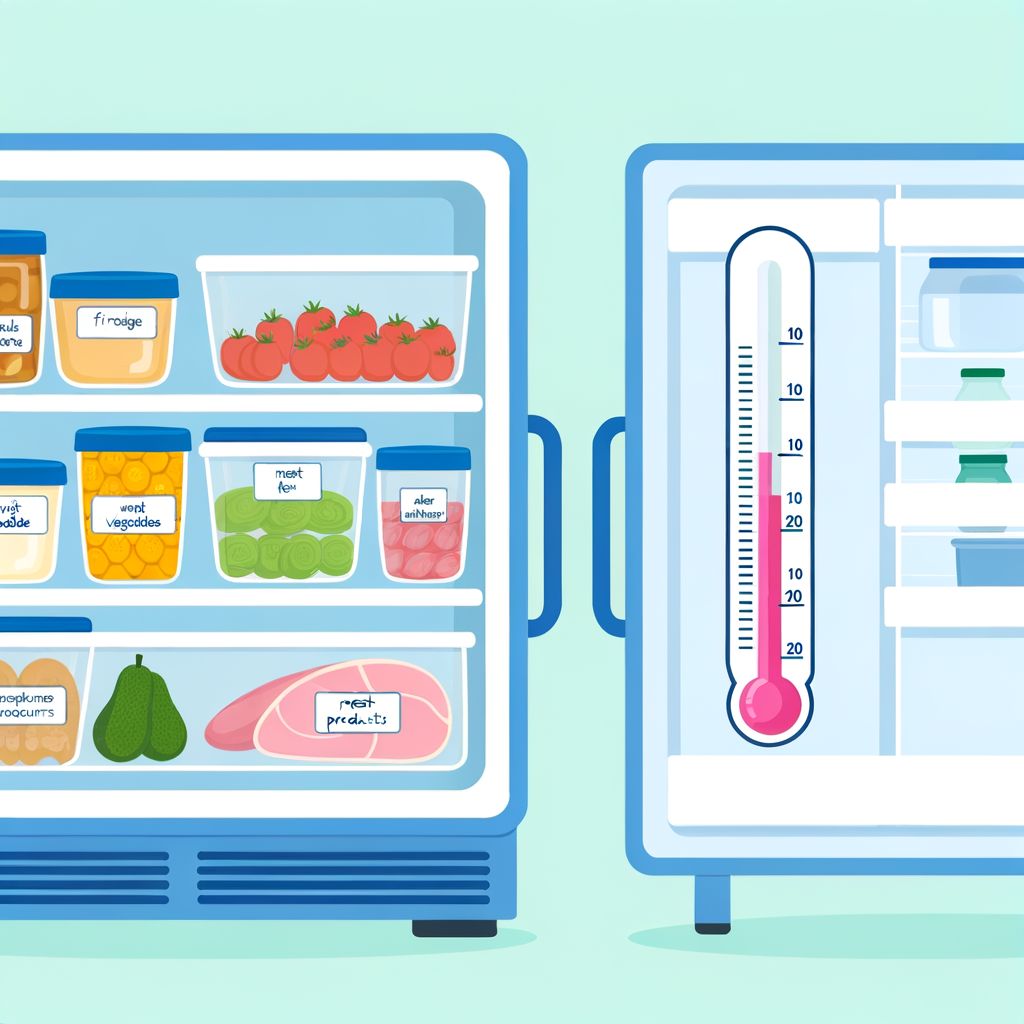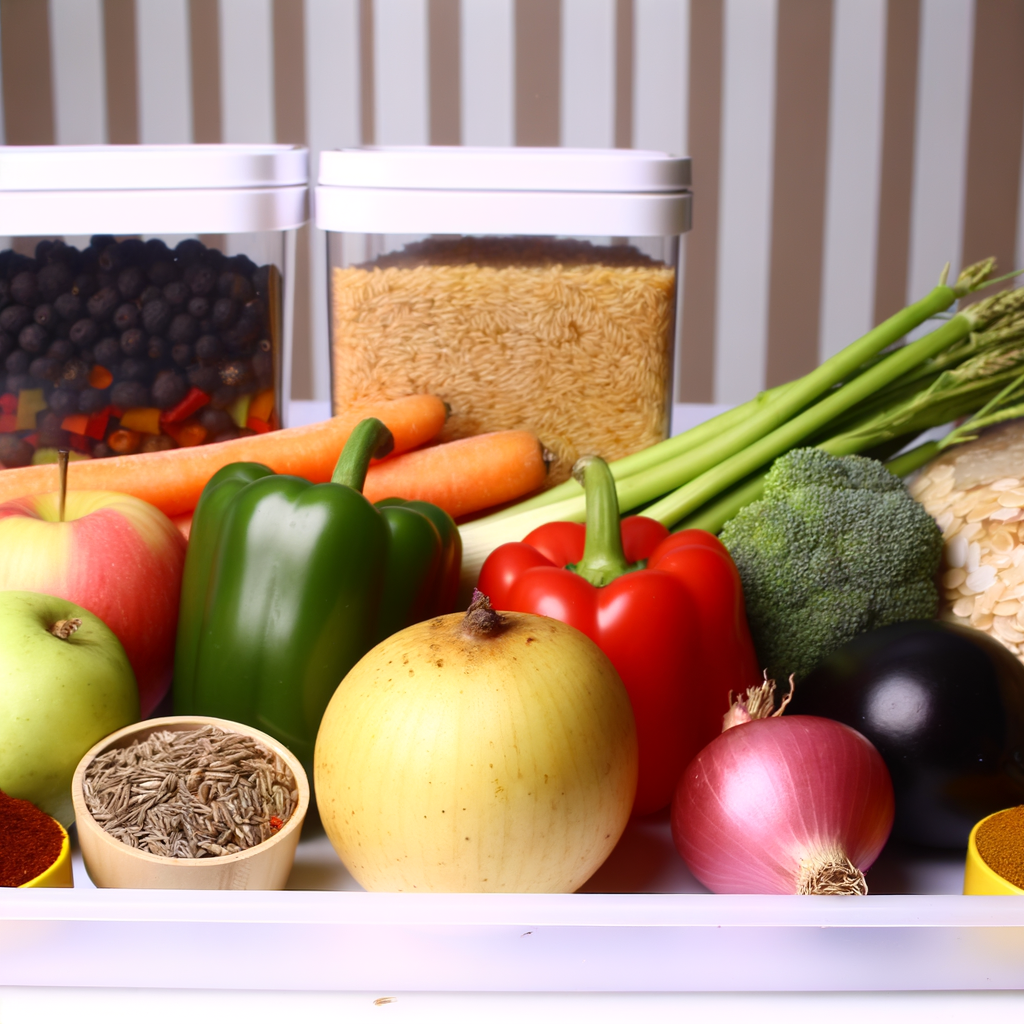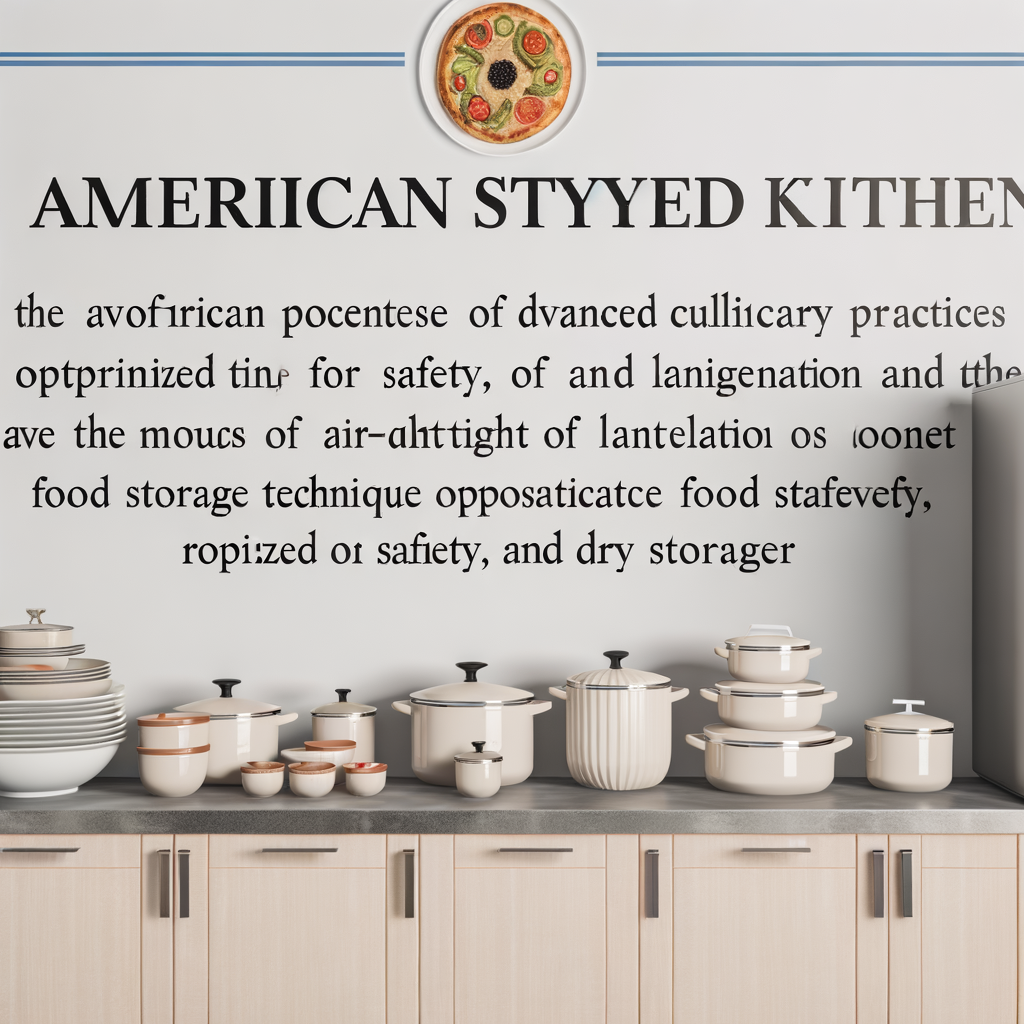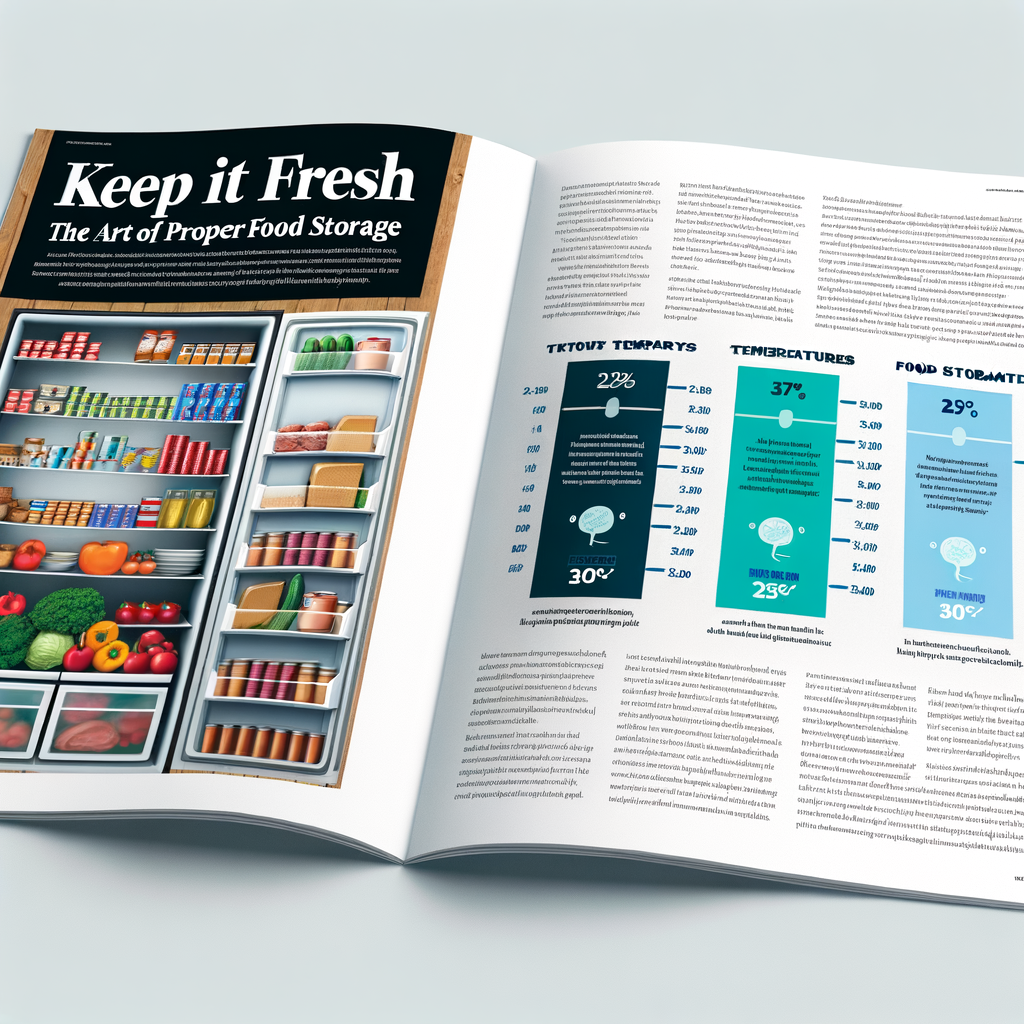When it comes to food safety, proper storage is key. As an expert chef, it is my responsibility to ensure the safety of my customers by following strict guidelines for storing food. This not only prevents foodborne illnesses, but also maintains the quality and freshness of ingredients.
First and foremost, it is important to store food at the correct temperature. Perishable items, such as meat and dairy, should be kept in the refrigerator at or below 40°F to slow the growth of harmful bacteria. Frozen items should be stored at 0°F to maintain their quality and prevent freezer burn.
In addition to temperature, proper packaging is also crucial in food safety. Raw meat should always be stored separately from other foods to avoid cross-contamination. Use airtight containers or wrap to prevent exposure to air and moisture, which can lead to spoilage and the growth of bacteria.
Another key factor in food safety is proper labeling. All stored food should be labeled with the date it was prepared or purchased. This allows for proper rotation and ensures that food is used before it reaches its expiration date.
Lastly, it is important to regularly clean and organize your storage areas. This not only prevents the buildup of bacteria and mold, but also makes it easier to keep track of what you have and when it expires.
In conclusion, as an expert chef, I cannot stress enough the importance of proper storage for food safety. By following these guidelines, we can ensure the health and satisfaction of our customers while also maintaining the quality of our ingredients.





